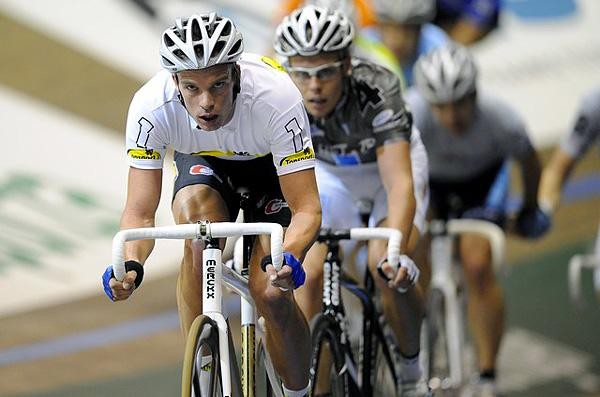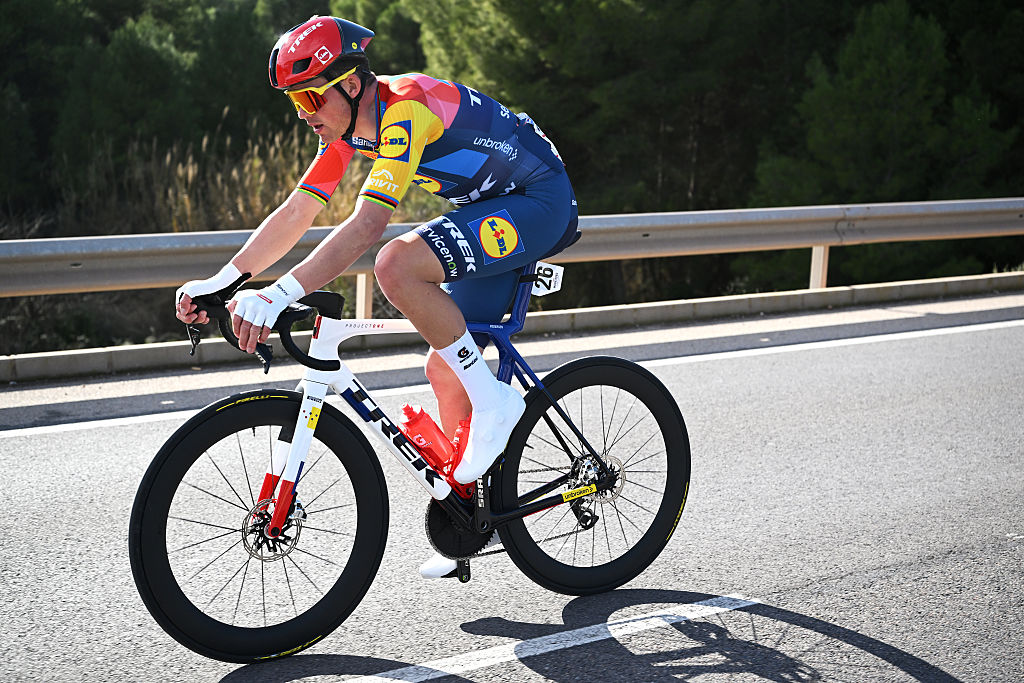Keisse defends against two-year ban
Iljo Keisse has faced the Belgian Cycling Federation (RLVB) in relation to the hydrochlorothiazide...
The latest race content, interviews, features, reviews and expert buying guides, direct to your inbox!
You are now subscribed
Your newsletter sign-up was successful

Iljo Keisse has faced the Belgian Cycling Federation (RLVB) in relation to the hydrochlorothiazide (HCT) and cathine found in his urine on the last day of the Gent Six Day late last year. The federation is seeking a two-year sanction for Keisse, and the debate has now begun as to whether the presence of the HCT and cathine was intentional.
Keisse's lawyer Johnny Maeschalck has argued that HCT, a diuretic, was found in a food supplement consumed by Keisse. Maximize, which sponsors the Topsport Vlaanderen team and manufactures the product, has become the centre of attention, and denies that there would be anything untoward in any of its products.
"I almost fell of my chair when I heard that," Maximize director Gilbert Käes told Sporza. "We feel attacked. We have been working more than 10 years with several cycling teams and also with 1,000 other athletes.
"To date we have never had problems with a dope test. We have strict standards. I am sure our quality and purity."
Maeschalck has said that, "We have proof of the need for Keisse to be proclaimed innocent, and [the decision] should be reversed."
It's been claimed that the cathine found in Keisse's urine was a result of cold and flu tablets taken by the Belgian, who won the Gent Six Day with Robert Bartko. It's claimed that the Belgian Federation could be lenient with that charge as there have been cases of acquittals for the same misdemeanour. The HCT charge, however, will prove more difficult for Keisse and Maeschalck to defend.
"The facts don't appear black and white," Keisse said. "I'd love to have a good feeling about this, but my fate lies in the hands of the jury. I'll keep fighting until I can ride and I'll appeal to the extent I can."
The latest race content, interviews, features, reviews and expert buying guides, direct to your inbox!
